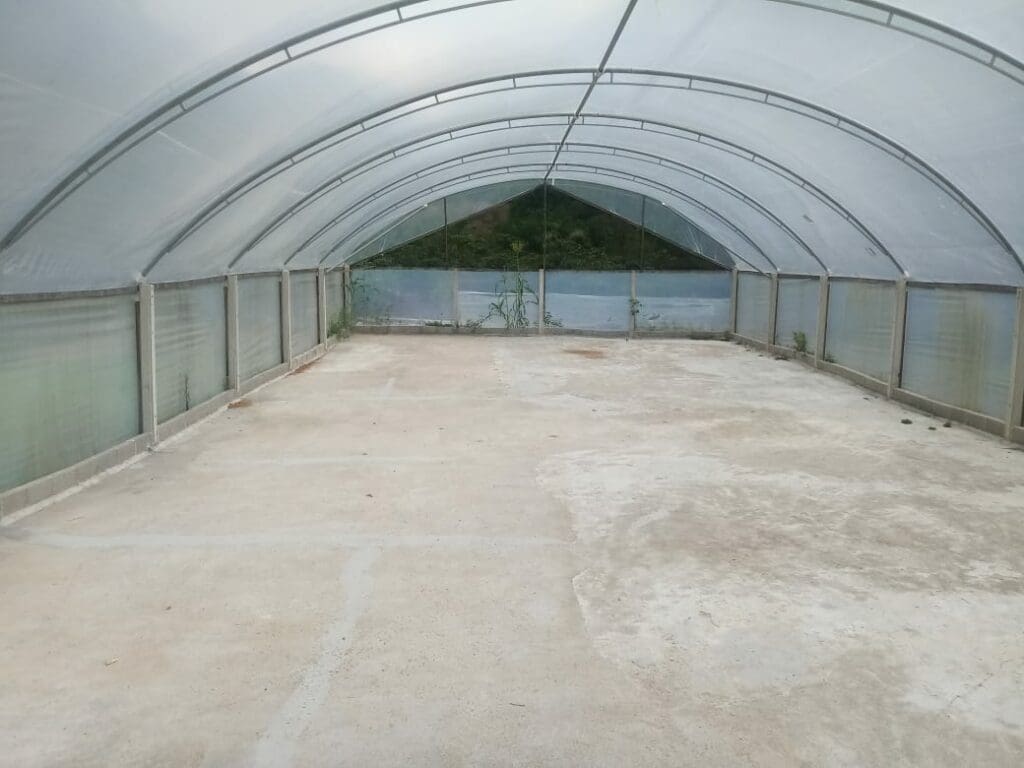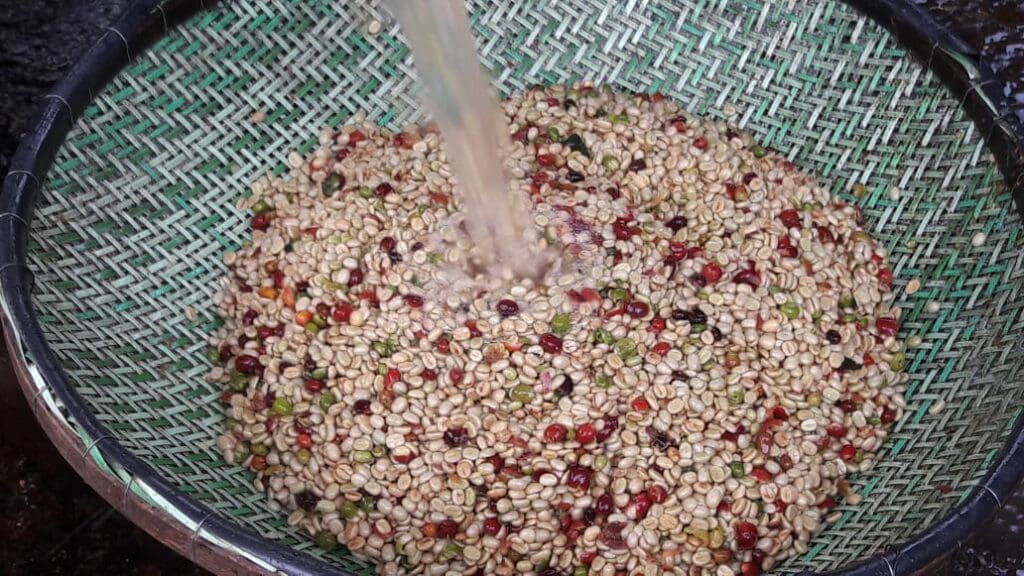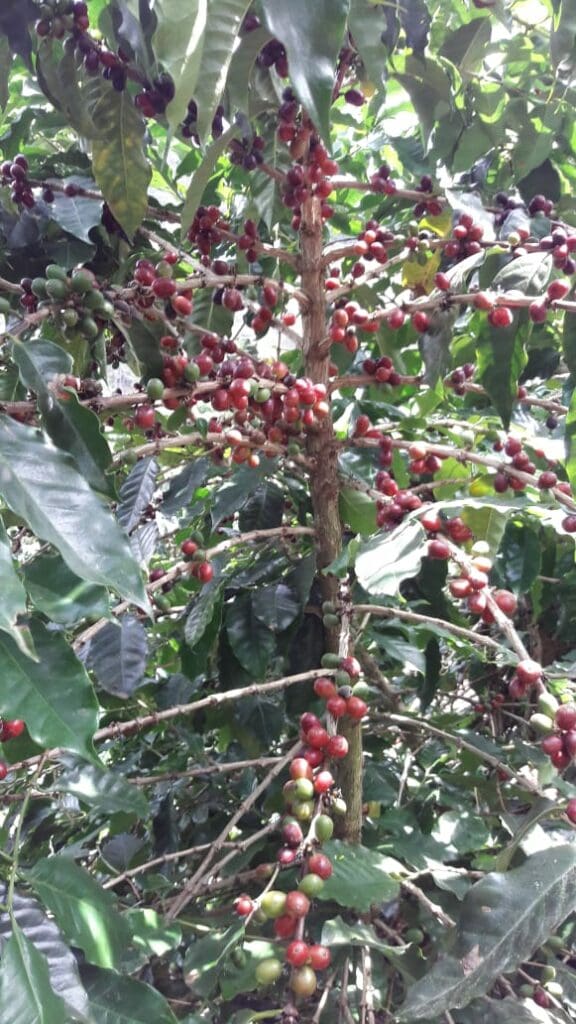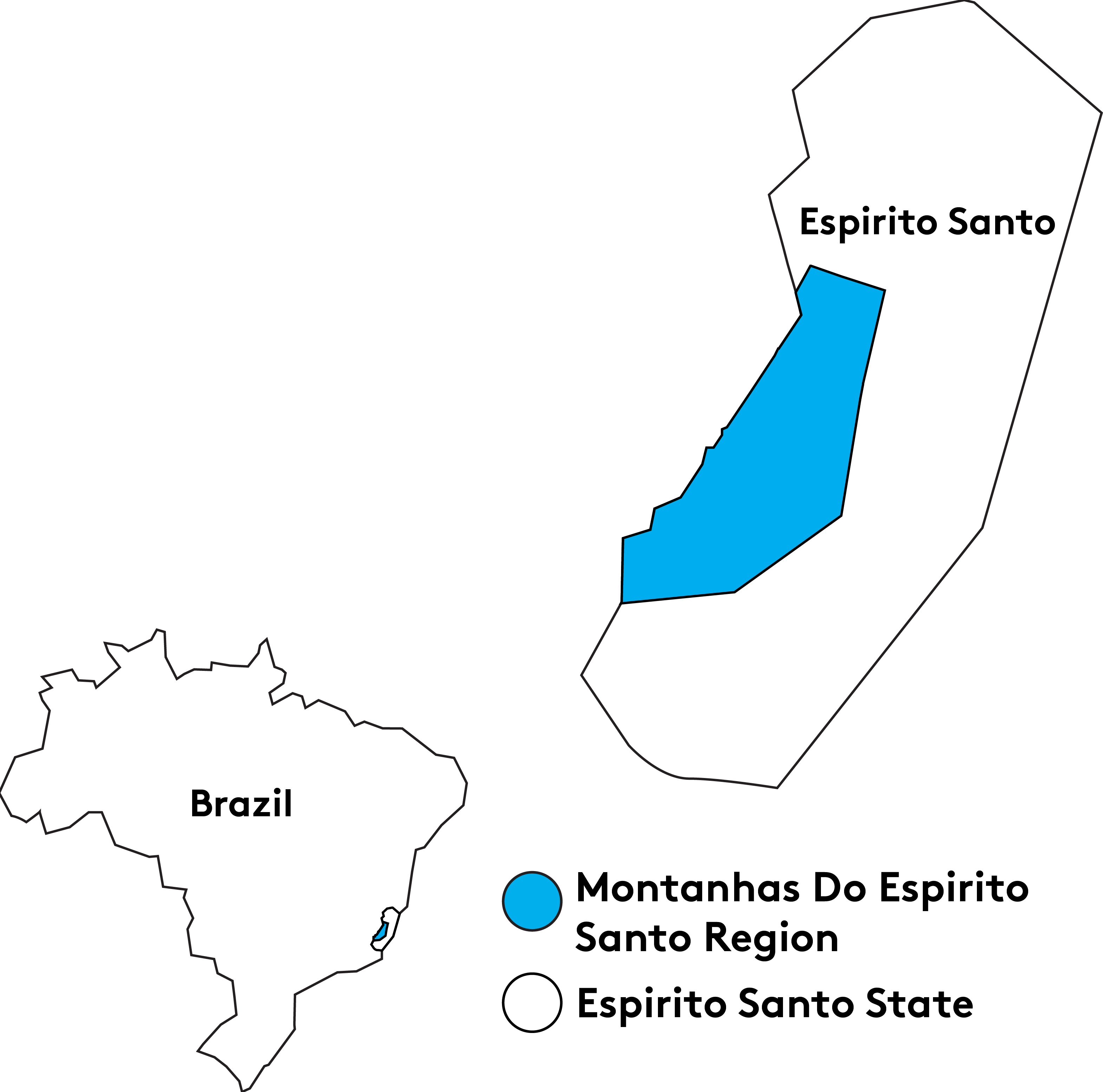Elzio Sartori is a fourth generation coffee producer operating Sítio Raio de Luz in the city of Castelo, Espírito Santo, Brazil. He learned the trade working alongside his father, José Sartori, assisting in the operations around José’s fields. Today, he applies the many lessons he learned from his father, adhering to selective harvest of the coffee cherries and drying coffee on a covered patio and raised beds.
In 1989, Elzio married Maria Aparecida Dalvi and acquired the land that she had inherited from her family, Sítio Raio de Luz. The property covers 27 hectares total and includes 17 hectares of coffee production. Elzio grows Catuai and Catucai variety coffee, and uses both Natural and Pulped Natural processing for different lots.
This lot of Red Catuai coffee underwent Pulped Natural processing. Catuai was developed by the Instituto Agronomico (IAC) of Sao Paulo State in Campinas, Brazil by crossing Mundo Novo and Caturra varieties. Catuai coffees are cultivated widely across Brazil, and are known for their high productivity potential.





